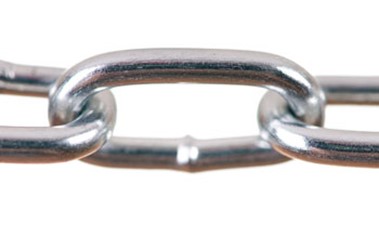 “Make new friends, but keep the old — one is silver and the other’s gold.”
“Make new friends, but keep the old — one is silver and the other’s gold.”
This old scouting song may be cheesy, but it’s true. The more your life changes — college, moves, careers — the more people you will meet, and the more difficult it will become to maintain friendships with those you already know. Yet all those friends, both new and old, are important. Each adds something unique to your life, and helps you develop.
“Building strong, positive relationships with people you meet increases your ability to gain support and to manage possible barriers that might come up in your life,” says Sarah Hagle, a school psychologist in Oakland, Calif. “You never know who you might meet! Forming positive relationships now may provide you with networking opportunities or other important connections down the road.”
While forging new friendships is its own challenge, what happens when a valued current relationship becomes fractured? How can you mend it to maintain all your relationships — both new and old?
The key lies in open and effective communication marked by three main steps.
1. Establish a pattern of honesty from the start.
It’s true — honesty really is the best policy. When you’re dishonest with the people in your life — even on small matters that may not seem important — they notice the pattern and you lose their trust. On the other hand, being honest with others builds your credibility as a reliable and trustworthy friend.
“When you make a mistake, people are more likely to give you a second chance or the benefit of the doubt when you have proven to be an honest and sincere person in the past,” says Hagle.
2. Listen to understand the real problem.
The first step once a relationship has already been broken is to reach out and set up a conversation. You have to approach the conversation with humility and respect. You also must be prepared to listen – both to what is said, and for what isn’t.
In today’s world, when so much is competing for our attention, listening well has become a rarity. But listening well will show that you are opening the door to reconciliation.
People have different motivations, experiences, and beliefs that inform the way they approach conflict. Something that may seem trivial to you may be of the utmost importance to someone else. So it’s important to listen openly, without bias, and to take time to process before you respond.
You can also use physical cues such as eye contact and head nods to show that you are listening, and look for physical cues from the other person to see what he or she is thinking, but maybe not saying out loud. If he or she is taking an aggressive stance — arms crossed, turned away — they may not be responding well to what you’re saying or may be holding back.
3. Have the courage to admit when you’re wrong.
Many relationships are broken over stubbornness and pride. When no one wants to admit that they are wrong, arguments come to a standstill, pride takes over, and bonds are broken. Admitting when you’re wrong can sometimes feel like defeat, so it takes a strong person to fight those feelings and do the right thing.
“It is important to admit that you’re wrong in order to show others that you are human and to acknowledge the fact that we all make mistakes,” says Hagle. “Admitting that you are wrong will also show others that you are a trustworthy person and in return increase their respect and accountability in you.”
Mending broken relationships can be difficult. It requires putting aside your pride and admitting your faults. But the end result of friendships mended and respect gained is well worth the effort.
